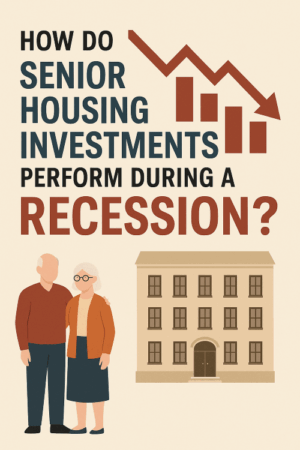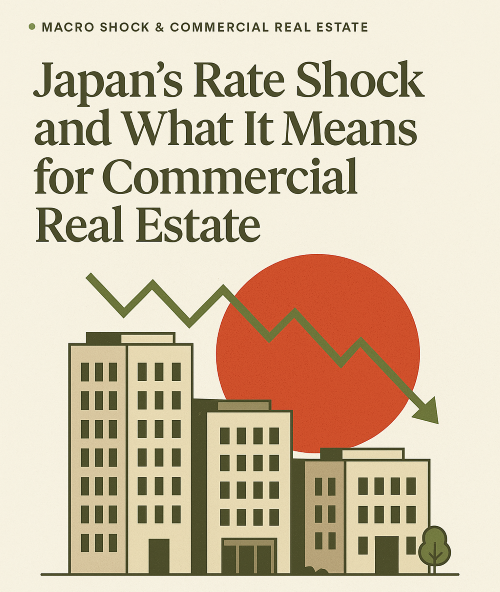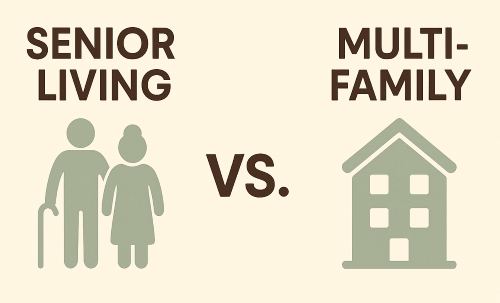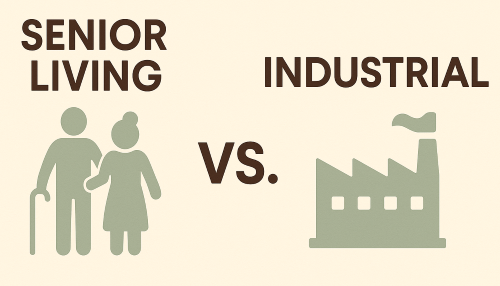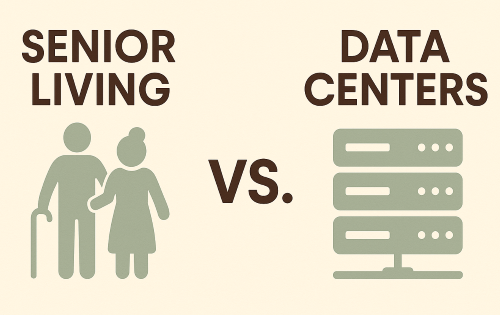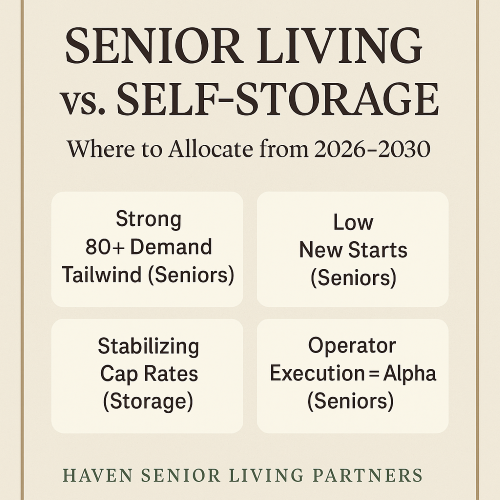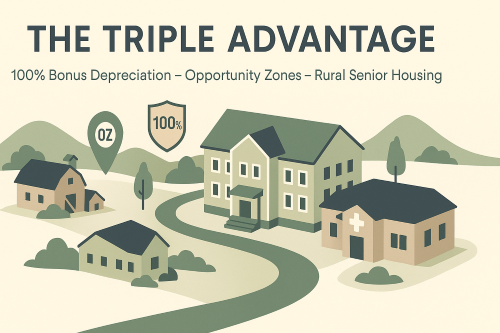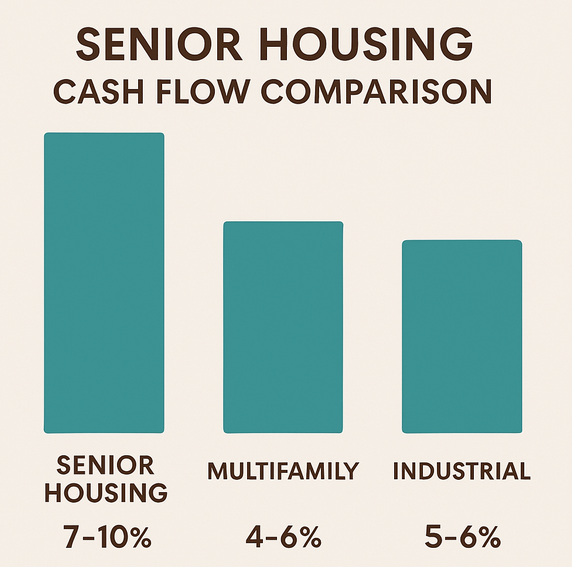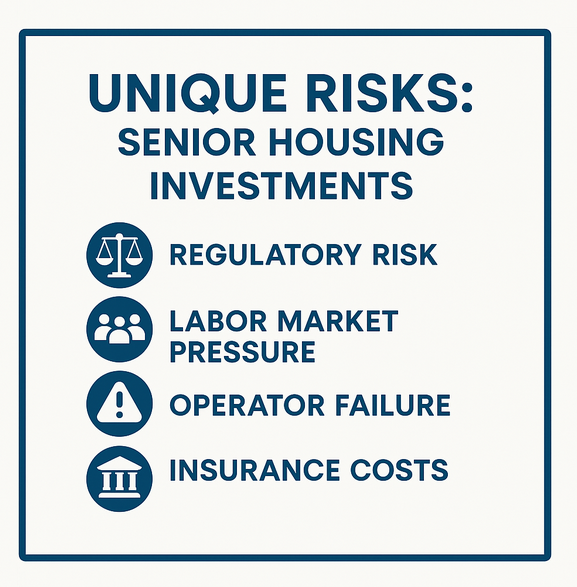How Do Senior Housing Investments Perform During a Recession?
Spoiler alert: Better than most.
In times of economic uncertainty, investors seek assets that provide stability, consistent returns, and long-term growth. Senior housing has increasingly emerged as one of those rare asset classes—blending real estate, healthcare, and hospitality—capable of withstanding market volatility.
Let’s explore why.
1. Senior Housing is Needs-Based, Not Wants-Based
Unlike luxury condos or retail space, senior housing is a necessity. When an aging parent needs care, families don’t typically delay that decision due to a downturn. Senior living often isn’t discretionary—it’s essential.
Seniors require medical supervision, memory care, or assistance with daily living.
Families prioritize safety and health regardless of stock market performance.
2. Occupancy Rates Stay Surprisingly Resilient
While some sectors like hospitality or office suffer dramatic dips in occupancy during recessions, senior living tends to remain stable. A 2020 NIC (National Investment Center) study showed that although COVID briefly impacted move-ins, the rebound was swift.
Historically, occupancy in senior housing fluctuates within a narrower band (typically 83–89%) even during broader market shocks.
3. Revenue is Less Volatile Due to Service-Driven Income
Senior housing isn’t just “rent.” Much of the income comes from care services—assisted living, memory care, medication management—which tend to be insulated from macroeconomic swings.
This creates diversified revenue streams:
Monthly rental
Care-level service packages
Optional add-ons (transportation, physical therapy, etc.)
4. Development Slows, Which Helps Existing Assets
During recessions, financing becomes tighter. New development slows. That’s a big win for current owners/operators—it softens competition and gives existing communities more pricing power.
Reduced supply → Higher occupancy → More NOI stability.
5. Experienced Operators Thrive in a Downturn
Operational excellence is key. The best operators manage expenses tightly, maintain staffing efficiency, and enhance resident satisfaction. During a downturn, weaker operators exit—and experienced groups consolidate market share.
This consolidation trend also presents acquisition opportunities for investors.
Key Takeaways for Investors
| Recession Metric | Senior Housing Response |
|---|---|
| Demand | Stable to rising due to aging demographics |
| Rent Collections | Strong (needs-based, funded by families) |
| NOI | Holds or grows with good operational focus |
| Development Competition | Drops, aiding existing supply |
| Long-Term Returns | Attractive and resilient |
A Word of Caution
Senior housing isn’t recession-proof—it’s recession-resilient. Investors should still assess:
Operator quality
Lease-up speed
CapEx requirements
Market saturation
With the right partner and property profile, senior housing can become a cornerstone of a recession-resistant portfolio.
Ready to Diversify with Stability?
At Haven Senior Living Partners, we focus on well-located, professionally operated communities that combine cash flow, impact, and downside protection. To learn more, schedule a call or explore our current offerings.

